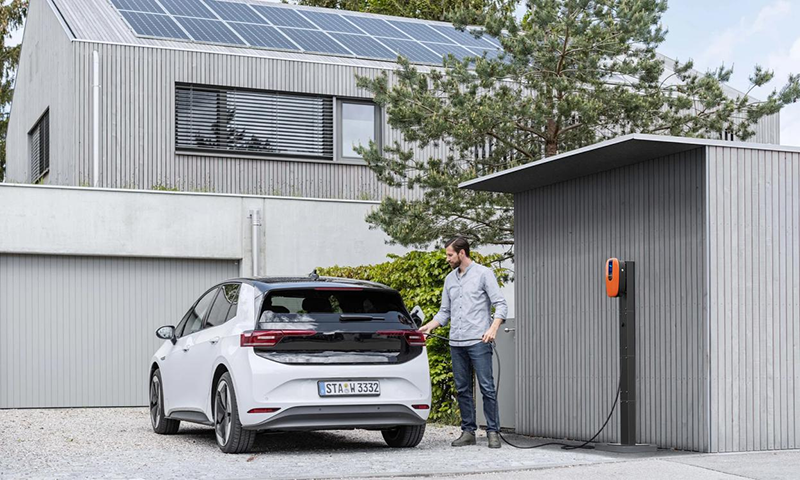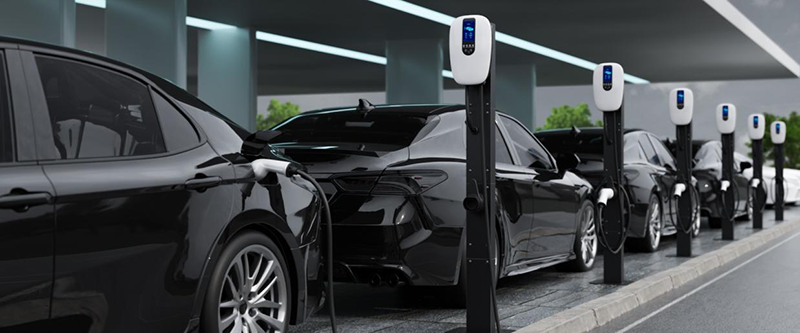The popularity of electric vehicles (EVs) in Laos has experienced significant growth in 2023, with a total of 4,631 EVs sold, including 2,592 cars and 2,039 motorbikes. This surge in EV adoption reflects the country’s commitment to embracing sustainable transportation and reducing its reliance on fossil fuels.
However, while the demand for EVs is rising, Laos currently faces a challenge in terms of the necessary infrastructure to support this transition. Presently, the country only has 41 charging stations, with the majority located in Vientiane Capital. This scarcity of charging infrastructure poses a barrier to the widespread adoption of EVs across the country.
In contrast, neighboring countries like Thailand have made remarkable progress in establishing an extensive network of charging locations, boasting a total of 2,222 charging stations and over 8,700 charging units as of September 2023. Recognizing the importance of infrastructure development, the Ministry of Energy and Mines in Laos is actively collaborating with relevant sectors to establish regulations on taxation, technical standards for EVs, and the management of vehicle charging stations.
To support the growing EV market, the Lao government has implemented strategic policies aimed at promoting EV adoption. In 2022, former Prime Minister Phankham Viphavanh introduced a policy that removed import limits for electric vehicles meeting international quality, safety, after-sales service, maintenance, and waste management standards. This policy not only encourages the import of high-quality EVs but also facilitates the growth of the domestic EV market.
Furthermore, the policy offers a 30 percent reduction in annual road tax for EVs compared to their petrol counterparts with equivalent engine power. In addition, EVs are granted priority parking at charging stations and other public parking areas, further incentivizing their use. These measures are part of the government’s efforts to promote EV adoption and reduce the financial burden associated with importing petroleum.
Another critical aspect of the EV transition is the management of expired batteries. The Ministry of Industry and Commerce, in collaboration with the natural resources and environment sector, is actively developing strategies to address this issue. EV batteries typically need replacement every seven to ten years for smaller vehicles and three to four years for larger EVs such as buses or vans. Proper management of these batteries is crucial to ensure environmental sustainability.
Although Laos’ EV market is currently smaller compared to neighboring countries like Thailand and Vietnam, the government is proactively driving EV adoption. Leveraging the country’s significant potential for electricity generation through renewable sources, Laos aims to increase the consumption of EVs to at least 1 percent of total vehicles by 2025, encompassing cars, buses, and motorcycles.
The country’s commitment to sustainable transportation aligns with its vision for a greener and more energy-efficient future. By embracing EVs and leveraging renewable energy sources, Laos strives to reduce its dependence on fossil fuels, mitigate environmental pollution, and contribute to a cleaner and more sustainable environment.
In conclusion, as Laos accelerates its EV market growth, the government’s ambitious renewable energy goals and strategic policies are crucial in driving the transition towards a more sustainable transportation sector. With the continued development of charging infrastructure and supportive measures, Laos is poised to make significant progress in its journey towards a greener and cleaner future powered by electric vehicles.
Lesley
Sichuan Green Science & Technology Ltd., Co.
0086 19158819659
Post time: Jan-27-2024






